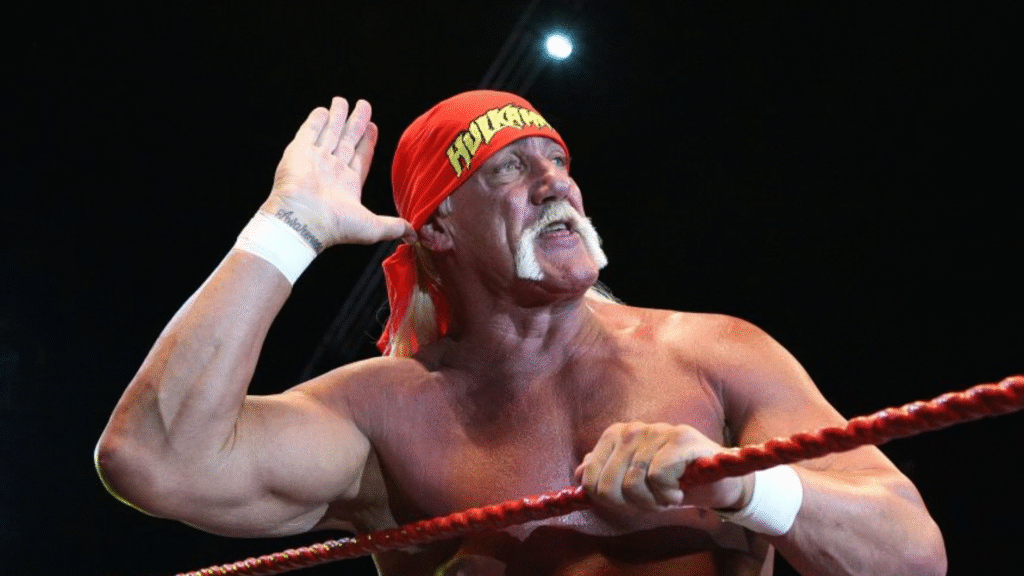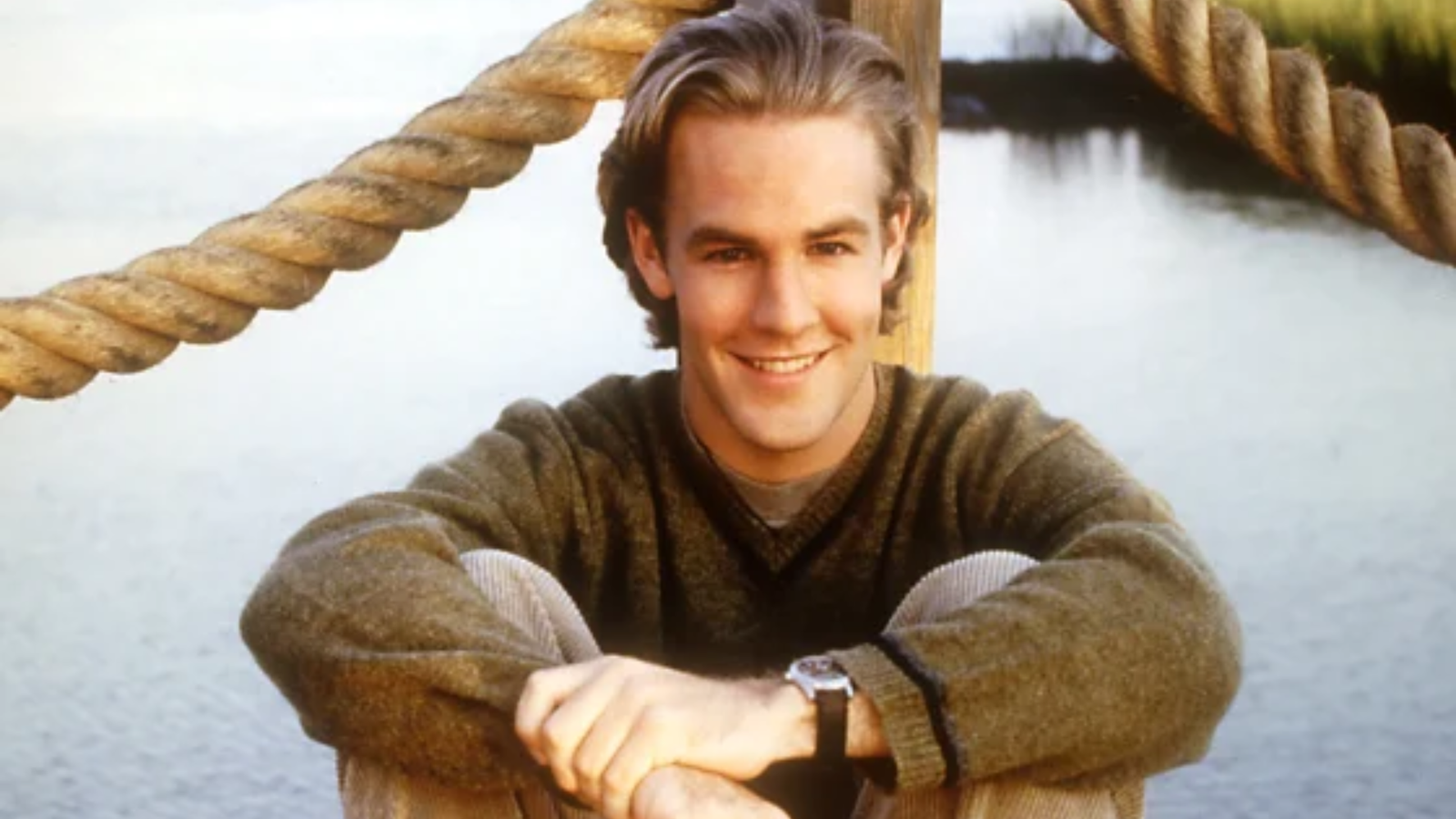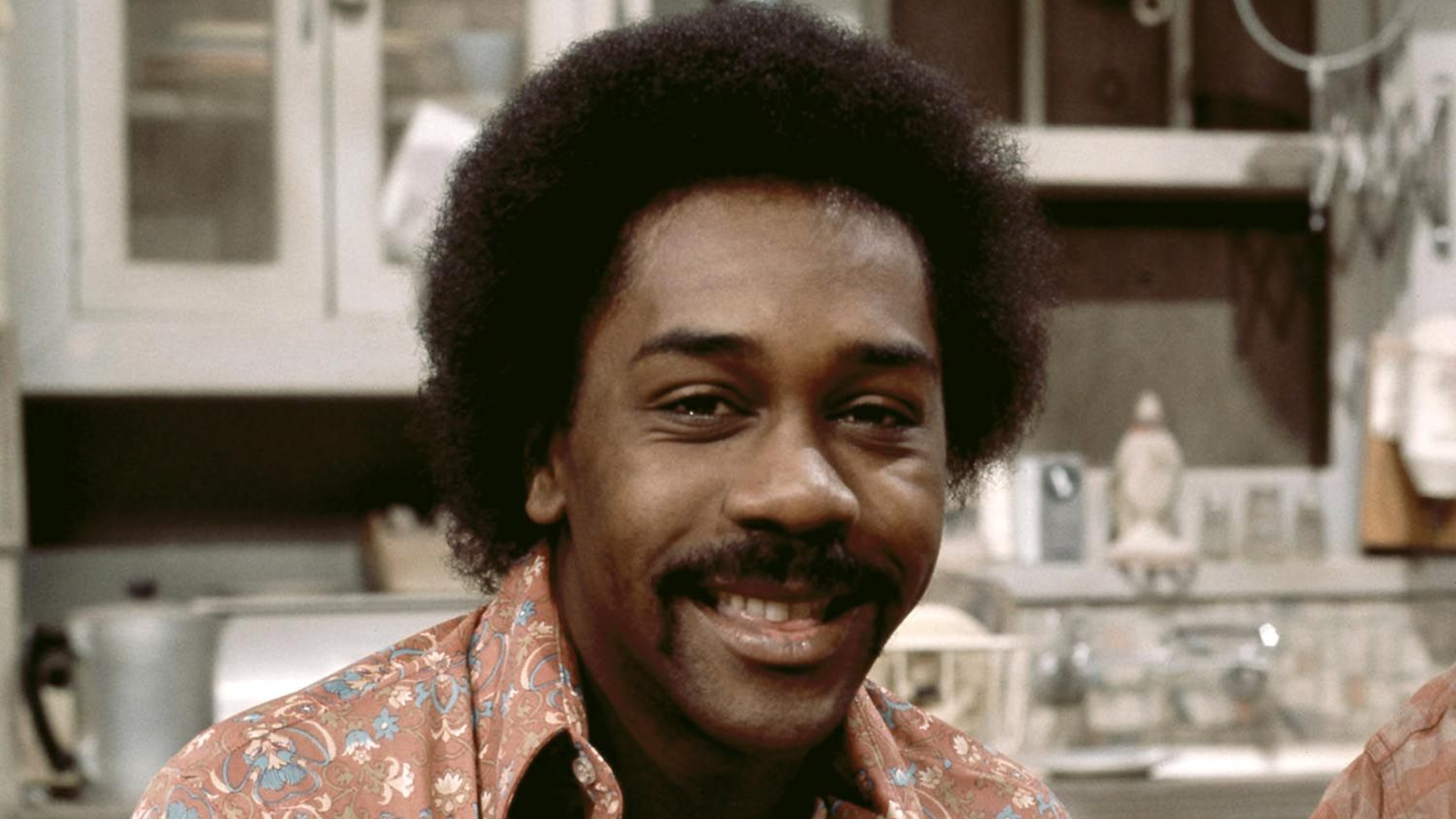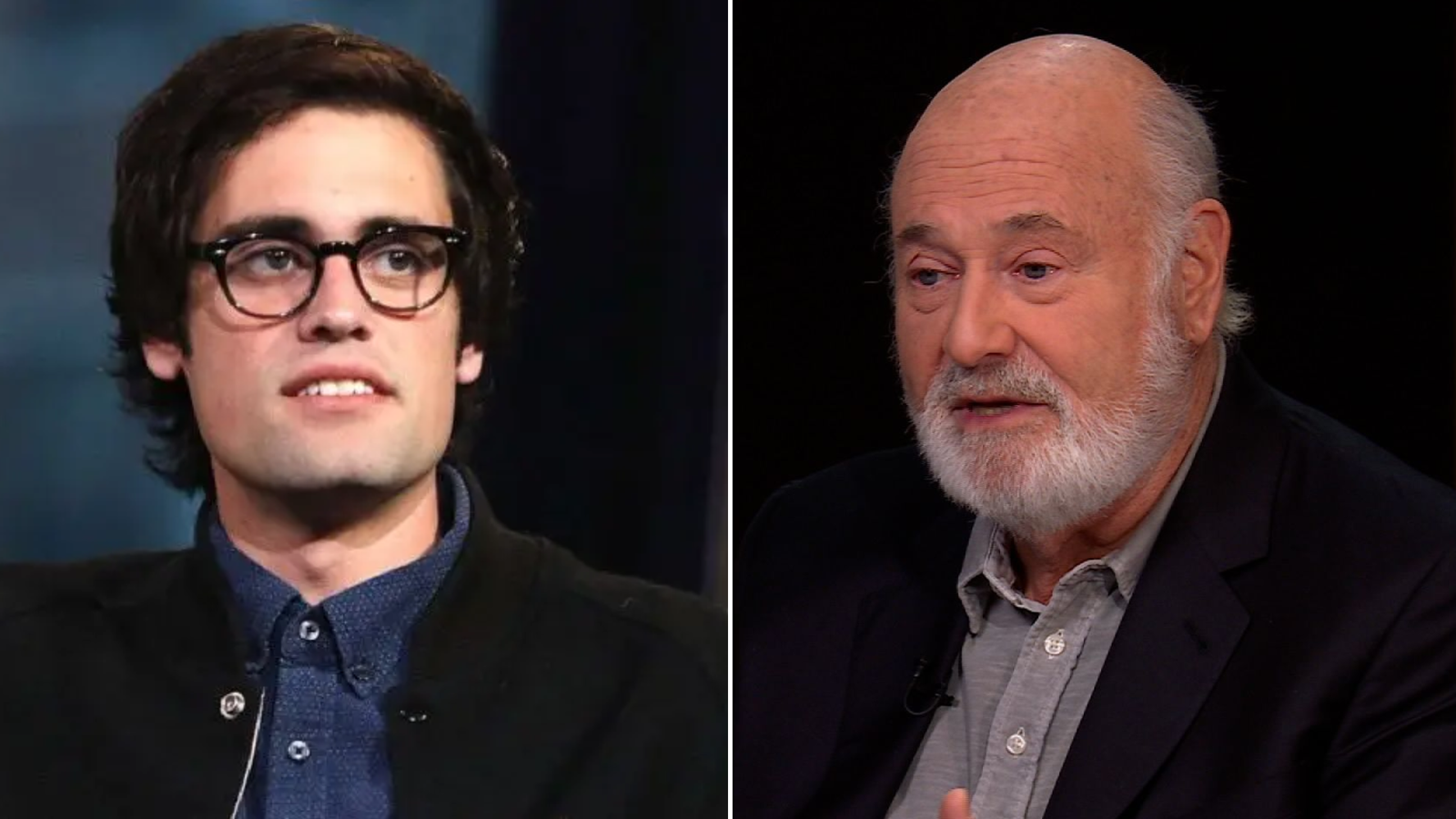
One of America’s last real pop culture giants, professional wrestler Hulk Hogan — born Terry Bollea — was found dead on Thursday at the age of 71, according to World Wrestling Entertainment (WWE).
Known for his unmatched charisma, unapologetic patriotism, and over-the-top persona, Hogan didn’t just shape professional wrestling — he was professional wrestling. At a time when men were still allowed to act like men and heroes weren’t politically neutered, Hogan’s “say your prayers and eat your vitamins” mantra helped define an era.
According to the city of Clearwater, Florida, emergency services responded to a cardiac arrest call at Hogan’s home early Thursday. Paramedics transported him to Morton Plant Hospital, where he was pronounced dead. TMZ was the first to break the story.
Police said there were no signs of foul play, but the investigation is still underway.
Hogan wasn’t just a wrestling star — he was an American icon. With his 24-inch “pythons” and signature leg drop, he took Vince McMahon’s World Wrestling Federation (now WWE) from regional showbiz sideshow to global entertainment powerhouse. He wasn’t just in the ring; he was in homes, movies, Saturday morning cartoons, and toy aisles across the country.
In the ‘80s and ‘90s — long before today’s hyper-fragmented, hypersensitive culture — Hogan was one of the last entertainers to truly dominate the mainstream without compromise. His rivalries with legends like Rowdy Roddy Piper, Randy “Macho Man” Savage, and André the Giant turned pro wrestling into a billion-dollar industry and a cornerstone of American culture.
Hogan’s shocking move to World Championship Wrestling (WCW) in the mid-1990s — and his infamous “heel turn” into the villainous “Hollywood Hogan” — flipped the industry on its head. With the formation of the NWO (New World Order), he helped WCW demolish WWE in TV ratings for nearly two years straight. It was the last time WWE wasn’t king of the hill.
But as WCW grew bloated and complacent, so did Hogan’s influence. His involvement in the infamous “Finger Poke of Doom” — where wrestler Kevin Nash comically collapsed after a single poke from Hogan — exposed the scripted nature of wrestling in a way that fans never forgave. WCW never recovered and was eventually bought out by WWE in 2001.
Hogan returned to WWE in the early 2000s and reignited his legacy with a blockbuster match against Dwayne “The Rock” Johnson at WrestleMania X8. The match was a masterclass in crowd psychology and remains one of the most electric moments in wrestling history.
In 2010, Hogan made another high-profile jump — this time to Total Nonstop Action Wrestling (TNA). But the magic wasn’t there. The promotion, already plagued with weak management, doubled down on nostalgia at the expense of younger talent. Hogan’s run fizzled out after three years.
Then came the scandal that nearly erased his legacy. In 2015, a leaked sex tape recorded without his consent revealed Hogan using racial slurs while talking about his daughter’s dating life. WWE cut ties immediately, scrubbing him from its website and disavowing his name — a predictable move in a corporate world terrified of outrage mobs.
Hogan later issued a public apology, stating: “It was unacceptable for me to have used that offensive language; there is no excuse for it; and I apologize.” But the damage was done. Though he returned to WWE in 2019 in a limited on-air capacity, the fan response was mixed. Some cheered; others booed. Many younger stars and fans refused to forgive him — yet those same voices seem to have no problem forgiving others with worse sins, depending on their politics.
That same sex tape was also the catalyst for one of the most consequential media lawsuits in history. When Gawker — a left-wing gossip site notorious for targeting conservatives and celebrities — published the tape, Hogan sued and won a staggering $115 million judgment. The lawsuit, secretly backed by tech mogul Peter Thiel, bankrupted Gawker and sent a warning shot across the media world: smear campaigns and privacy invasions have consequences.
Until his death, Hogan continued to make sporadic WWE appearances and remained a deeply polarizing figure — a flawed but quintessential symbol of old-school American masculinity, back when cultural icons were larger than life, not carefully managed diversity projects.
Ironically, Hogan passed just weeks before the debut of his latest venture: a new wrestling promotion called Real American Freestyle. The company, which was aiming to restore dignity to actual wrestling — as in Olympic-style, not soap opera entertainment — was scheduled to hold its first event on August 30. No word yet on whether that event will continue in his absence.
Love him or hate him, Hulk Hogan represented a time in America when heroes didn’t apologize for being strong, loud, or proud. His death marks the end of an era — and maybe the last time a pop culture figure truly embodied red, white, and blue Americana without compromise.




